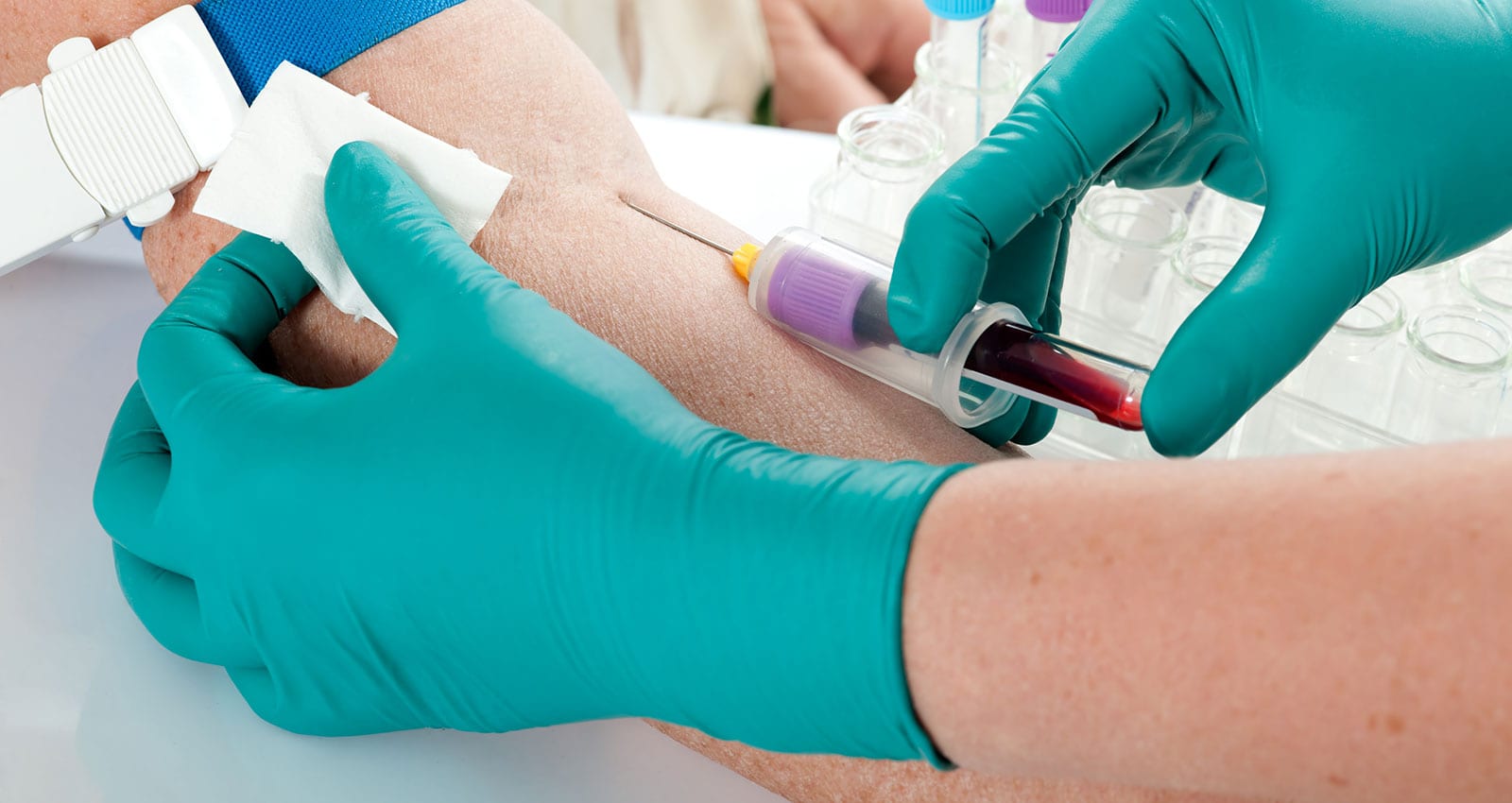Specialist Northeast Medical Institute Phlebotomy Classes Stamford: Obtain Licensed
Critical Aspects to Think About When Picking the Most Suitable Medical College Educational Program for You
Choosing the most suitable clinical school curriculum is a critical choice that can considerably influence your academic trip and future career course. As aspiring medical professionals, the selection of curriculum must line up with your personal understanding design and career ambitions.
Personal Learning Style

Medical schools that supply varied mentor methods and sources can accommodate numerous discovering styles, promoting a dynamic and comprehensive instructional setting. Eventually, understanding personal learning preferences equips students to make enlightened choices regarding their clinical education and learning, establishing a solid foundation for their future occupations in healthcare.
Career Goals Positioning

Additionally, aligning occupation objectives with the medical college educational program can likewise improve motivation and interaction throughout the academic trip. When trainees see the direct importance of their coursework to their future career, they are much more likely to remain concentrated and devoted to their researches. As a result, when selecting a clinical college curriculum, it is essential to thoroughly think about just how well it straightens with one's occupation purposes to make certain an effective and fulfilling professional path.
Training Methods
Thinking about the positioning of profession objectives with the picked medical school curriculum, an examination of the training techniques employed becomes vital fit the learning experience. The effectiveness of a clinical college curriculum heavily depends on the training methodologies used by the institution. Various training methods, such as lectures, small seminar, problem-based understanding, simulation-based training, and hands-on clinical experience, can significantly affect how well trainees realize and keep information.
Lectures are a traditional but still generally used technique for supplying content to a large group of students efficiently. Little group discussions foster partnership, essential reasoning, and interaction abilities amongst trainees. Problem-based discovering urges energetic engagement, self-directed understanding, and problem-solving capabilities. Simulation-based training enables students to practice professional abilities in a controlled environment before engaging with genuine individuals. Hands-on professional experience uses a firsthand understanding of client care and medical methods.
When choosing a medical college educational program, aspiring trainees need to think about the teaching methodologies employed to ensure that their knowing preferences and staminas line up with the academic approach of the organization.
Curriculum Adaptability
When reviewing medical college programs, analyzing the level of educational program versatility is essential for potential trainees seeking a tailored educational experience. Curriculum adaptability refers to the level to which students can customize their learning paths within the clinical college educational program. An educational program that offers flexibility permits trainees to seek their passions, focus on locations where they require much more assistance, and participate in discovering experiences that straighten with their occupation objectives.

Potential medical students should take into consideration exactly how a medical school's educational program versatility straightens with their learning choices, occupation aspirations, and personal objectives. By picking a program that offers the appropriate equilibrium of framework and flexibility, students can optimize their academic experience and prepare themselves for effective jobs in medication.
Scientific Exposure Opportunities
Exploring the practical application of clinical knowledge, clinical direct exposure chances play an important function in shaping an extensive medical education and learning. These chances offer trainees with very useful hands-on experience in real health care settings, enabling them to bridge the gap between concept and practice. When thinking about clinical school curricula, the quality and amount of clinical exposure need to be carefully evaluated.
Reliable clinical direct exposure needs to use a diverse series of experiences across numerous specializeds, guaranteeing that students are subjected to different medical situations and client demographics. Exposure to outpatient clinics, inpatient wards, surgical cinemas, and emergency situation divisions can aid students develop an all-around understanding of different facets of health care delivery. Additionally, opportunities for community-based treatment and communications with underserved populations can cultivate a much deeper appreciation for the social factors of health.
Additionally, the visibility of helpful faculty and coaches during these medical experiences can considerably enhance the learning process. Faculty guidance and constructive feedback can aid students assess their professional encounters, identify areas for renovation, and enhance their professional skills and decision-making abilities (Northeast Medical Institute CNA Classes Near me Stamford). In general, robust professional direct exposure chances are necessary for preparing future physicians to provide top quality person care properly
Verdict
To conclude, when selecting a medical college educational program, it is important to consider your individual learning style, placement with job goals, teaching methods, educational program flexibility, and clinical direct exposure chances. These variables play a vital role in establishing one of the most suitable program for your educational and expert growth. See to it to completely review each element to make an educated decision that will certainly best support your development in the clinical area.
Understanding one's individual learning design click now is crucial when selecting a medical institution educational program. By identifying one's discovering design early on, striving bachelor of interior design medical students can purposefully pick a curriculum that caters to their staminas, inevitably boosting their learning experience and academic success.
When examining clinical school programs, analyzing the level of educational program versatility is essential for possible students seeking a tailored instructional experience. Educational program adaptability refers to the level to which trainees can individualize their discovering paths within the medical college educational program.In conclusion, when selecting a medical institution educational program, it is vital to consider your personal knowing design, placement with job objectives, instructing techniques, curriculum flexibility, and professional exposure opportunities.